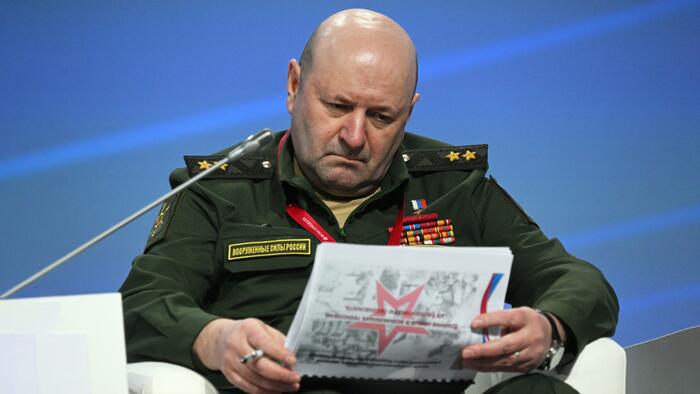On December 17, 2024, Russia condemned the Western response to the assassination of Lieutenant General Igor Kirillov, the head of its Chemical Weapons Forces, killed in Moscow by a remote-controlled bomb concealed in a scooter. This assassination, claimed by Ukraine, marked a significant escalation in the ongoing tensions between Russia and Ukraine amid the war that began in 2022. Russian officials, including Foreign Ministry spokeswoman Maria Zakharova, accused Ukraine’s Western allies of complicity in what they characterized as terrorist acts. They suggested that silence or tacit approval from the West in the wake of the assassination implies complicity in perceived war crimes committed by Ukraine. This event led to renewed scrutiny over past allegations regarding the CIA’s involvement in training Ukrainian forces for operations targeting Russian officials, adding dimensions to the conflict’s already complex geopolitical landscape.
Kremlin rhetoric intensified following the assassination, with President Vladimir Putin indicating that the West’s support for Ukraine had crossed a “red line.” The Kremlin is likely to infer that Western intelligence agencies, particularly the CIA, played a role in facilitating this attack due to the sophistication of the bomb used. The explosion’s large blast radius suggested advanced planning and execution, caught on video, fueling claims of external support for Ukraine’s military efficacy which has reportedly improved significantly since the conflict’s onset. Such sentiments are part of broader narratives in Russian media, which have often highlighted perceived threats from NATO and allied nations.
Lieutenant General Igor Kirillov, at the age of 54, had become a critical figure in the Russian military, overseeing operations pertaining to chemical weapon defense. His responsibility for alleged chemical weapon deployments against Ukrainian forces made him a target in the eyes of Ukrainian authorities. The Ukrainian Security Service (SBU) characterized the assassination as a form of retribution against war criminals, asserting that Kirillov was a legitimate military target due to his command decisions that allegedly resulted in war crimes during the ongoing conflict. They claimed that the failure to hold accountable individuals like Kirillov was one of the reasons behind escalating military operations, signaling Ukraine’s determination to combat what they label Russian aggression.
Interestingly, the details surrounding the assassination strategy reveal a calculated approach on the part of Ukraine, with reports indicating that the explosive device was not only carefully hidden but also remotely detonated, suggesting a high level of operational skill. A video released by the SBU captured the moment of the incident, and the careful archiving of the event indicates an orchestrated effort to provide accountability for Kirillov’s actions during the war. This has been described as reflective not only of their military capabilities but also of a broader narrative of justifying their actions against a backdrop of supposed Russian war crimes.
The aftermath of the assassination has sparked fears of retaliation and a potential escalation in violence in the region, with Russian officials vowing that Ukraine would face severe consequences for its actions. Dmitry Medvedev, deputy head of Russia’s Security Council, warned that such attacks would not intimidate Russia or halt its military operations. He positioned the assassination as an act of desperation reflecting Ukraine’s precarious situation in the ongoing conflict. With fighting intensifying in regions like Donbas, such cross-border actions by Ukraine raise the stakes, prompting discussions on the lengths to which both sides might go as military strategy and geopolitical considerations intertwine.
Ultimately, the implications of this assassination reverberate beyond immediate military responses. Russia’s description of the West as complicit in Ukraine’s actions marks a crucial shift in the rhetorical landscape of the conflict. It positions the conflict as not merely a struggle between two nations but a broader confrontation involving global powers. The assassination has drawn attention to the increasing boldness of Ukraine’s special operations while simultaneously highlighting the complex web of intelligence and military support shaping the war. Such events invite speculation on future escalations and shifts in strategies employed by both Russia and Ukraine within the larger framework of a conflict that continues to evolve.

